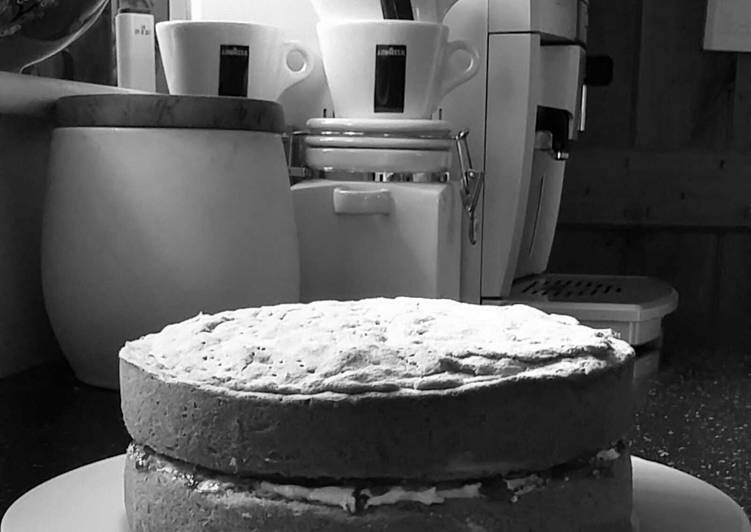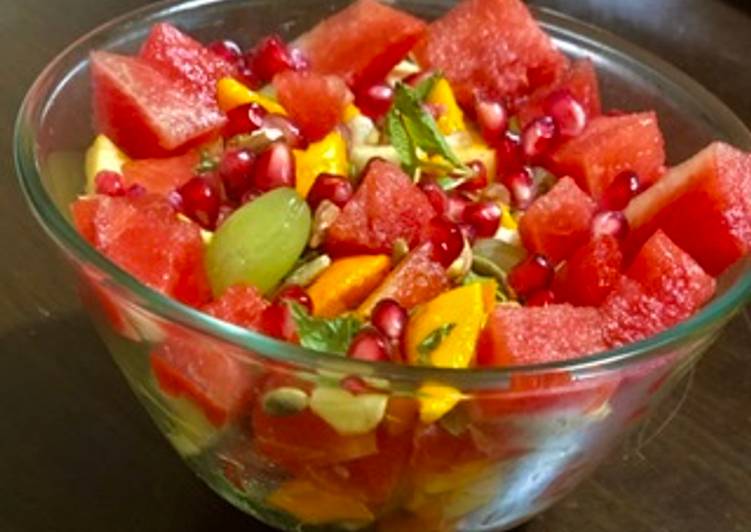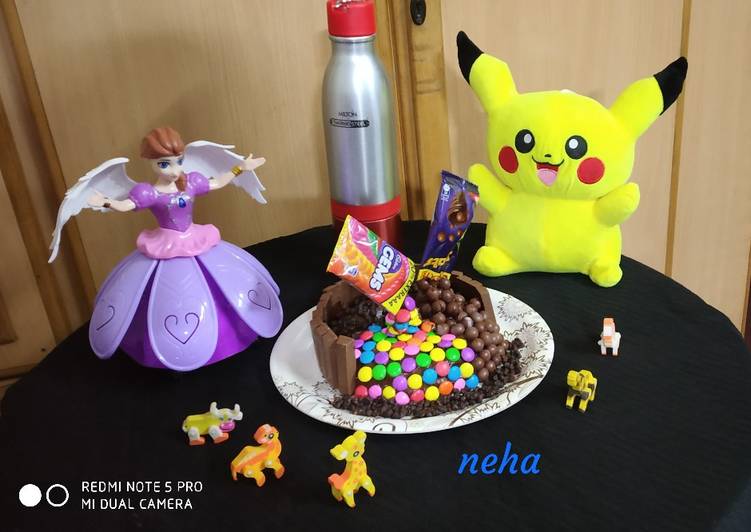
Hey everyone, I hope you’re having an amazing day today. Today, I’m gonna show you how to make a special dish, classic victoria sponge cake. It is one of my favorites. For mine, I will make it a bit tasty. This is gonna smell and look delicious.
The classic Victoria sponge cake is always a winner. Follow this recipe to discover, it's not just Mary Berry who knows how to make this classic cake. This delicate sponge cake filled with jam and cream is the stuff of village fetes and the National Federation of Women's Institutes (WI), and fierce. (PP) Contains product placement.
Classic Victoria Sponge Cake is one of the most well liked of current trending foods on earth. It is enjoyed by millions every day. It is easy, it’s fast, it tastes yummy. Classic Victoria Sponge Cake is something that I have loved my whole life. They’re fine and they look wonderful.
To begin with this recipe, we must first prepare a few components. You can have classic victoria sponge cake using 13 ingredients and 11 steps. Here is how you cook it.
The ingredients needed to make Classic Victoria Sponge Cake:
- Get For the Cake
- Prepare 4 large Eggs
- Get 250 grams Soft Butter (can be salted or unsalted)
- Get 250 grams Self Raising Flour
- Make ready 250 grams Caster Sugar
- Get 1 1/2 tsp Vanilla Essence
- Prepare 1 1/2 tsp Baking Powder
- Prepare 2 tbsp Milk
- Take For the filling
- Prepare 100 grams Soft Butter (can be salted or unsalted)
- Get 140 grams Icing Sugar
- Take 1 tsp Vanilla Essense
- Get Strawberry/Raspberry Jam
Bake James Martin's classic Victoria sponge cake, best served with a proper cup of tea. Cover with the raspberries and place the other cake on top. Before the Victoria sponge, British sponge cakes were leavened only by eggs hand-whisked with sugar until foamy and thick. From afternoon tea to an exuberant birthday cake to the classic Vicky sponge, baking cake is a national pastime.
Steps to make Classic Victoria Sponge Cake:
- Preheat the oven to 170°C (fan) and line two 7 inch cake tins
- Add the softened butter into a large mixing bowl and with a hand mixer or a spoon, cream until light. Then add the caster sugar and cream them both together until they are fluffy.
- In a separate jug or bowl beat the eggs until they are fully mixed. Then in small amounts slowly add them to the butter and sugar keeping the mixer or spoon moving.
- Once the ingredients have been mixed together, sift in the flour, and mix it well into the other ingredients.
- Next add the vanilla, baking powder and milk. Mixing them in as well.
- Once you are sure the mix has been fully blended together and no lumps are present you can start to spoon the batter evenly into the cake tins.
- Put the tins on the top shelf of your oven and cook for 25-35 minutes
- While they are cooking prepare the butter icing
- Add the soft butter and icing sugar into a mixing bowl and mix by hand or with an electric mixer until light and fluffy. Then add vanilla extract to taste and mix again.
- Once the cake has been taken out of the oven and cooled on a wire rack, you can start to spread the icing and jam over the sponges and sandwich them together.
- Dust the cake with a sprinkle of icing sugar and enjoy!
We teamed up with ex-pat Paola Thomas to bring you five. Probably the most iconic British cake, a good Victoria sponge should be well-risen, moist, and as light as air. Serve dusted with sifted confectioners' sugar. Classic Victoria sponge cake (Victoria sandwich) - the classic British tea time treat; simple yet elegant, it can't be beaten! This traditional cake is perfect for Birthdays, celebrations or Afternoon tea.
So that’s going to wrap it up with this special food classic victoria sponge cake recipe. Thanks so much for your time. I’m confident you can make this at home. There is gonna be more interesting food at home recipes coming up. Remember to save this page on your browser, and share it to your loved ones, friends and colleague. Thanks again for reading. Go on get cooking!

